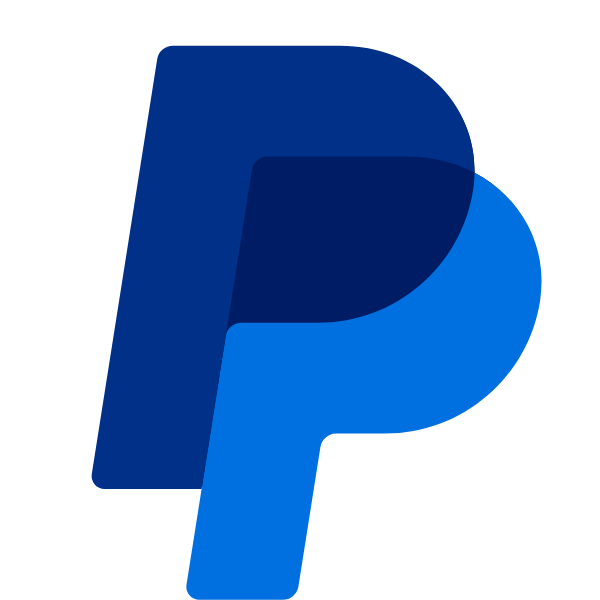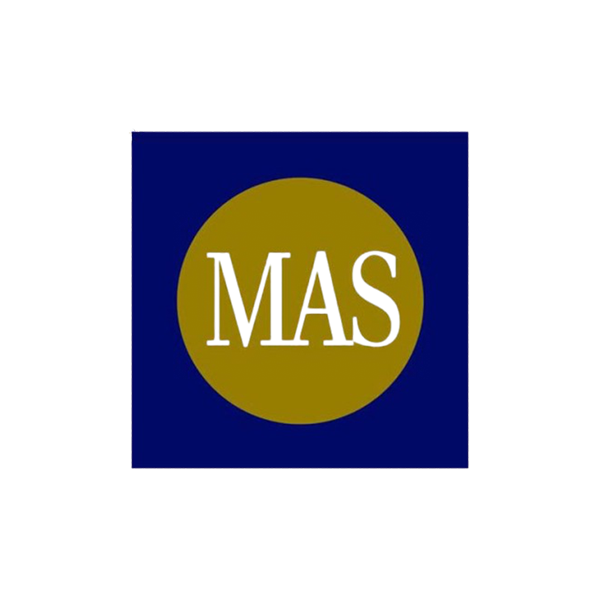PayPal is a world-leading digital payment platform headquartered in San Jose, California, USA, founded in 1998. Originally co-founded by Peter Thiel and Max Levchin, it aims to provide users with a secure and convenient online payment service. In 2002, PayPal was successfully listed on the NASDAQ and was acquired by eBay in the same year as a wholly owned subsidiary. In 2015, PayPal spun off from eBay and re-listed under the ticker symbol PYPL.
Core Products and Services
PayPal's products and services cover both individual and business users, mainly including:
- PayPal account: Users can register a PayPal account through an email address, bind a credit or debit card, and realize online payment, collection and transfer.
- PayPal Merchant Services: Provides merchants with an online payment solution that includes integrated payment buttons, payment links, subscription management, and more, supporting multiple payment methods such as credit cards, debit cards, and PayPal balances.
- PayPal Credit Service: Provides a "PayPal Credit" virtual line of credit that allows users to choose to pay in installments at checkout
- Braintree: PayPal's payment processing platform that supports mobile payments, subscription management, and global payments.
- Venmo: A P2P payment app mainly for the U.S. market, where users can transfer and pay between friends.
- Xoom: PayPal's international money transfer service that supports fast cross-border money transfers.
- iZettle: POS systems and mobile payment solutions for small merchants.
Market Positioning and User Group
PayPal is positioned as a global digital payment platform, serving individual
- users: providing secure and convenient online payment and transfer services to meet users' needs in e-commerce shopping, cross-border payment and P2P transfer.
- Small and medium-sized businesses: Provide online payment solutions for small and medium-sized businesses to help them expand their markets and improve transaction efficiency.
- Large Enterprises: Through subsidiaries such as Braintree and iZettle, we provide customized payment solutions for large enterprises, supporting global payments and multiple payment methods.
Security & Compliance
PayPal attaches great importance to the security of users' funds and data privacy, and adopts multiple layers of security measures, including:
- Encryption technology: All transaction data is encrypted with SSL to ensure the security of data transmission.
- Account protection: Provides two-factor authentication (2FA) and account activity monitoring to prevent unauthorized access.
- Anti-fraud system: Uses advanced machine learning and artificial intelligence to monitor and identify suspicious transactions in real time.
In terms of compliance, PayPal complies with financial regulatory requirements around the world, including the U.S. Financial Crimes Enforcement Network (FinCEN), European financial regulators, etc., to ensure that its services are legal and compliant.
Global Business and Market PerformanceAs
of 2023, PayPal has more than 400 million active accounts in more than 200 countries and regions around the world, supporting transactions in more than 100 currencies. According to CICC's research report, the PayPal platform transaction volume reached US$711.9 billion in 2019, with operating income of US$17.8 billion and net profit of US$3.7 billion, showing strong growth momentum.
In the Chinese market, PayPal has entered the market since 2019 through the acquisition of Guofubao, mainly focusing on cross-border payment services, supporting Chinese merchants to accept payments from overseas customers. Qiu Han, CEO of PayPal China, said that the company has a positive attitude towards the Chinese market and plans to further expand cooperation in the field of cross-border e-commerce.
Trends and ChallengesWith
the popularity of digital and mobile payments, PayPal continues to expand its products and services, including:
- Cryptocurrency services: In 2020, PayPal announced that it would allow users to buy, hold, and sell cryptocurrencies, further expanding its financial services.
- Global expansion: Through the acquisition of iZettle, Braintree and other companies, PayPal has strengthened its presence in Europe, Asia and other markets, and improved its global payment capabilities.
However, PayPal also faces some challenges:
- Competitive pressure: With increasing competition from payment platforms such as Stripe, Square, Alipay, and more, PayPal needs to continue to innovate to stay ahead of the market.
- Compliance risk: Financial regulatory policies around the world are constantly changing, and PayPal needs to ensure that its services comply with local regulatory requirements.
ConclusionAs
the world's leading digital payment platform, PayPal serves hundreds of millions of users and millions of merchants around the world with its secure and convenient payment solutions. While continuing to expand its products and services, PayPal also needs to deal with fierce market competition and a complex compliance environment. In the future, PayPal is expected to further consolidate its leadership position in the field of digital payments through innovation and global presence.







